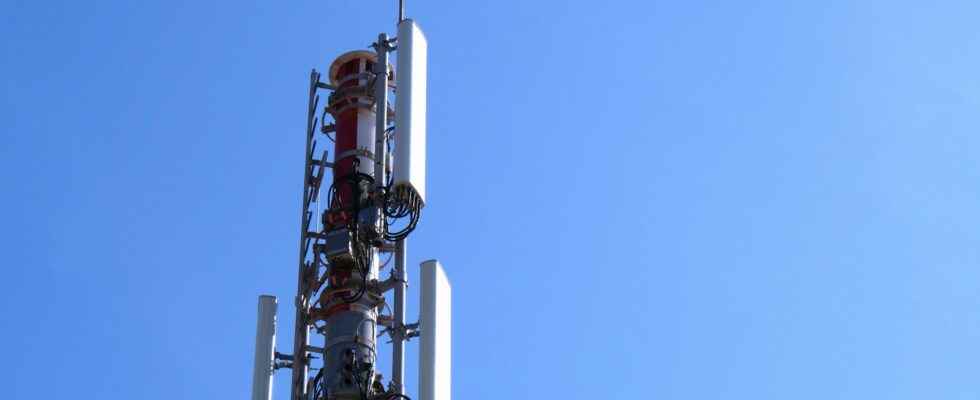While France is not at risk of a blackout, the possibility of more sporadic power cuts has not been fully ruled out for the months to come. Telecom operators are putting pressure on Enedis.
Since the alert launched last month by RTE (Réseau de Transport d’Electricité) on the possible risks of power cuts during the autumn and winter, many sectors have had to adapt their response to the fear of consumers. The controversy around hot water tanks is now followed by that which evokes potential interruptions of certain parts of the mobile networks, essential for communications, in the European Union. What are the real risks and what certainty do we have at this stage?
Telecom operators fear power outages
The question, raised by our colleagues from Reuters, is obviously legitimate at a time when authorities throughout the European Union are advocating energy sobriety. As for France, the energy sector will experience tensions, caused in particular by the maintenance of several nuclear power plants.
In France and in Europe, the telecommunications industry says it fears the consequences of a harsh winter which could directly affect infrastructures and users. Today, several countries of the Old Continent do not have backup systems that are resilient enough to deal with widespread power outages, which would then lead to mobile phone failures.
France is one of the lucky nations in that its cellular antennas have backup batteries (of different generations, however, guaranteeing a few tens of minutes of autonomy), which are not inexhaustible. So what can you do to avoid any risk of cuts?
Mobile antennas are not on the list of essential services in the event of an outage
Enedis would have proposed a plan providing for power cuts of up to two hours, in the most extreme cases. An unlikely event, let’s say it right away, but which has nevertheless been recorded and which therefore remains possible in the event of extreme tension on the network. Obviously, any blackout would only affect certain parts of the territory, in turn.
Certain essential services such as hospitals, the police, the army and other emergency services, as well as the government will not be affected by any cuts. Enedis and the telecom operators discussed these questions with the State this summer. The French Telecoms Federation (FFT), which represents Orange, SFR / Altice and Bouygues Telecom (Iliad / Free is not a member), pointed to the inability of Enedis to rule out the risk of cutting antennas. The EDF subsidiary is content to explain that all regular customers are treated on an equal footing, recalling that priority customers remain those we have just mentioned, such as hospitals.
According to Enedis, only the authorities could mitigate this rant from telecoms, by simply adding operators to the list of priority customers. ” It is not easy to isolate a mobile antenna from the rest of the network “, would have declared an official of the Ministry of Economy and Finance, justifying a certain technical impasse.
Finally, a word from the equipment manufacturers, who manufacture the antennas and who also have a role to play. Nokia and Ericsson do not really pour out on the subject, but indicate all the same to work with the mobile operators to attenuate the impact of a shortage of electricity.
Source : Reuters

20